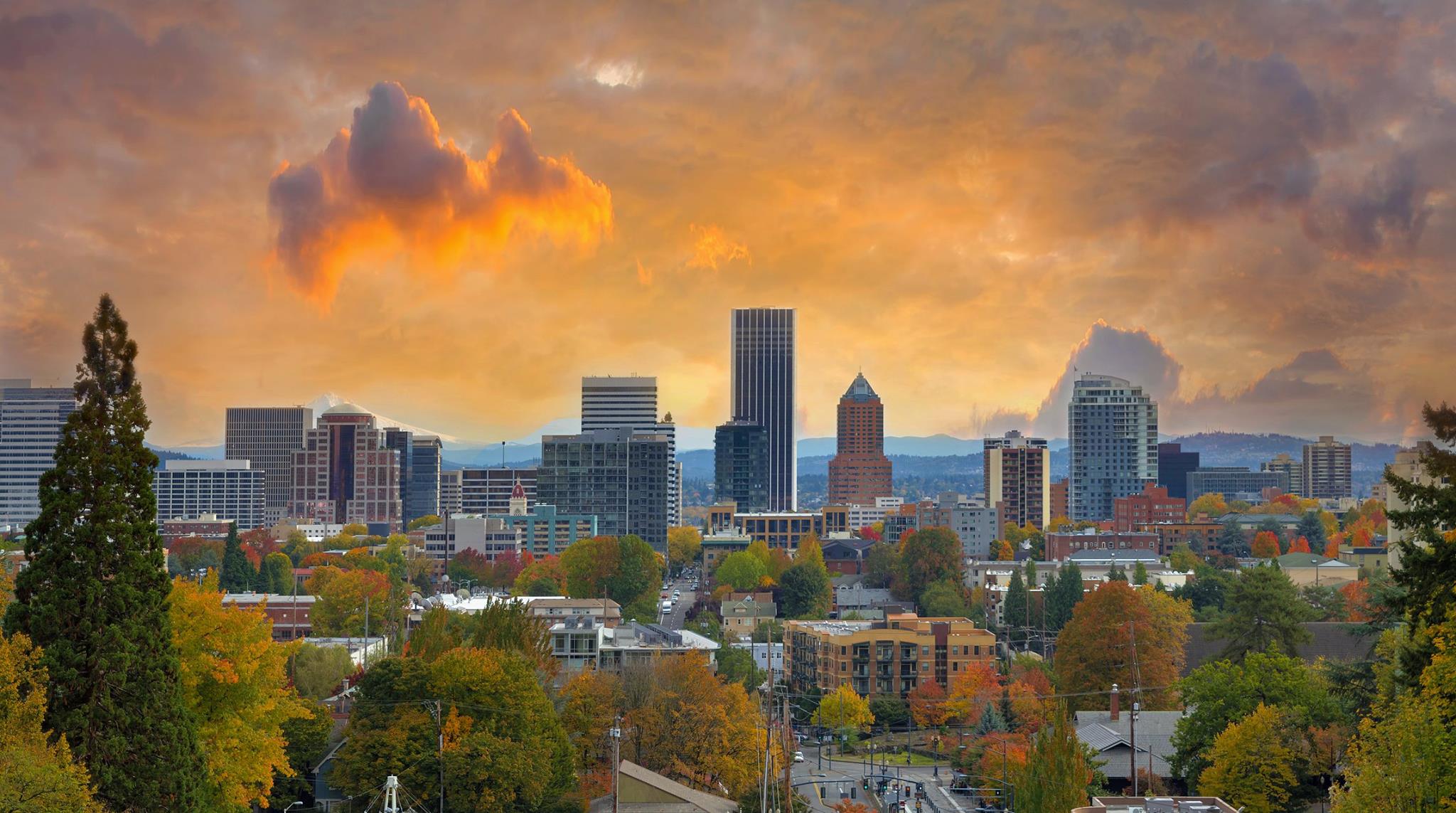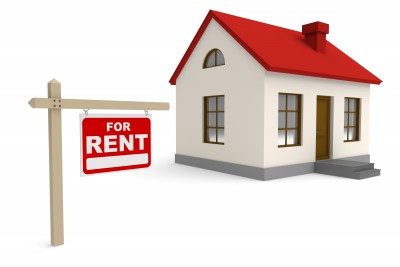Rental properties continue to be an excellent investment in the 2020’s because more people are renting than ever before but if you’re a landlord, the reality is that there are wide variety of things that some landlords are not doing.
Thankfully, in this post, we will offer you several tips of the things that most landlords are not doing, so that you can add these tasks to your calendar or to do list.
Things Every Landlord Should Be Doing
1. Renew leases
Unless you purposefully rent month to month, it’s wise to re-up your tenants to a year-long lease agreement. In most states, an annual lease will revert to a month-to-month lease if you don’t renew the lease each year.
You should offer your tenant a lease renewal 90 days before the lease expires. Send an email or a letter with lease renewal paperwork or visit the tenant in person. Make sure you include details on the current lease as well as terms of the renewal, including the rental price.
One tip: If you are renting a unit during the winter, only sign a six- or nine-month lease to begin with, so the renewal date will end in the summer, when units are easier to fill; then renew with a one-year lease after that.
2. Verify market rent to make sure you are on par
The rental market is fluid and, as such, the market rent is bound to change. Each year, you should verify that all your rents are close to what the market will bear, or you could be throwing good money out the window.
You can verify market rent by checking with local a local landlord property managers or asking real estate agents. You could also browse the internet and look at properties similar to the one you manage to see if those rents are similar to yours. If your rental prices don’t fall in line with similar properties in your area, you may need to change them.
Adjusting rental prices to match market rent can make your property more competitive on the rental market. If your prices are too low, you could be losing money. But if they’re too high, it may be difficult to find a renter willing to pay your price.
3. Smoke alarm/carbon monoxide inspections
Do yourself a favor and test smoke alarms each year. If you are in a state that requires carbon monoxide detectors in all units, be sure to check them as well.
Some tenants just throw away smoke detectors or carbon monoxide detectors that are beeping rather than replace the batteries. This responsibility is the property owner’s. Making sure all smoke and carbon monoxide detectors are in working order will keep your tenants (and building) safe by minimizing the risk of fires or other safety-related issues that could cost you valuable time and resources.
Alternatively, you could include a clause in the lease that requires each tenant to carry out this responsibility. This would save the landlord from any lawsuits resulting from a fire or carbon monoxide leak.
4. Check for water leaks
Water leaks can cost you a lot of money in the long run. When water leaks, it’s lost to the environment instead of where it’s needed, like in toilets or showers.
In most places, water isn’t cheap. Leaks could cost hundreds of dollars each month in unnecessary water bills. Leaks can also cause water damage to walls and floors, which can be costly to repair. It’s much less expensive to check regularly for leaks and fix the plumbing before they become a real problem. Make sure to look at your water heater, drains, faucets, air conditioner, and any water-using appliances to make sure they’re not causing leaks—and pay close attention to any wet spots on the ceiling.
If you have a leak, call your contractor. Discuss your needs to determine next steps and get a cost estimate. Fixing a leak early will be worth the money spent on the problem, we promise.
5. Make sure your keys work
Tenants change their locks for any number of reasons. However, as a landlord, it’s important that you have a working key for all of your properties, so you gain access (legally, of course) if you need to when the tenant is not home. There is nothing more frustrating than having a maintenance person, who you are paying by the hour, to show up to do work, and the key you gave them doesn’t unlock the door. Check keys at your yearly rental property inspection to verify you have the correct ones.
If you need to make a copy of a key, head to your local home improvement store for help.
6. Check your insurance rates
Insurance is a funny industry. They get you to switch with super low rates, and then for no real reason start raising your rates. It’s no wonder that every insurance company claims people will “save hundreds of dollars by switching to us!” That’s why it’s wise to shop around for better rates at least once a year.
That said, switching insurance companies can be a landlord nightmare, so only switch if you will be getting considerable savings or significantly improved coverage.
To determine which companies offer the best prices, look online or call local insurance agents. Take advantage of special promotions and deals as well. Some companies benefit new members for switching to them, which would save you money.
7. Get updated tenant contact and emergency contact info
Tenants are people, and people change their phone numbers from time to time. The numbers you gathered at move-in may be different now. It’s important to confirm this information with your tenants annually, so you have their most accurate contact numbers. While verifying their phone number also get their email address and emergency contact information, just to be thorough.
You can email, call, or visit tenants in person annually to confirm. This will prevent future problems if there’s a pressing issue and you need to get in touch with them as soon as possible.
Contact Rent Portland Homes
For more property management tips, or to speak with us about the services that we can offer you, contact us today by clicking here.




